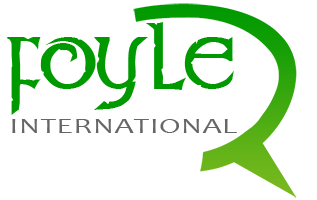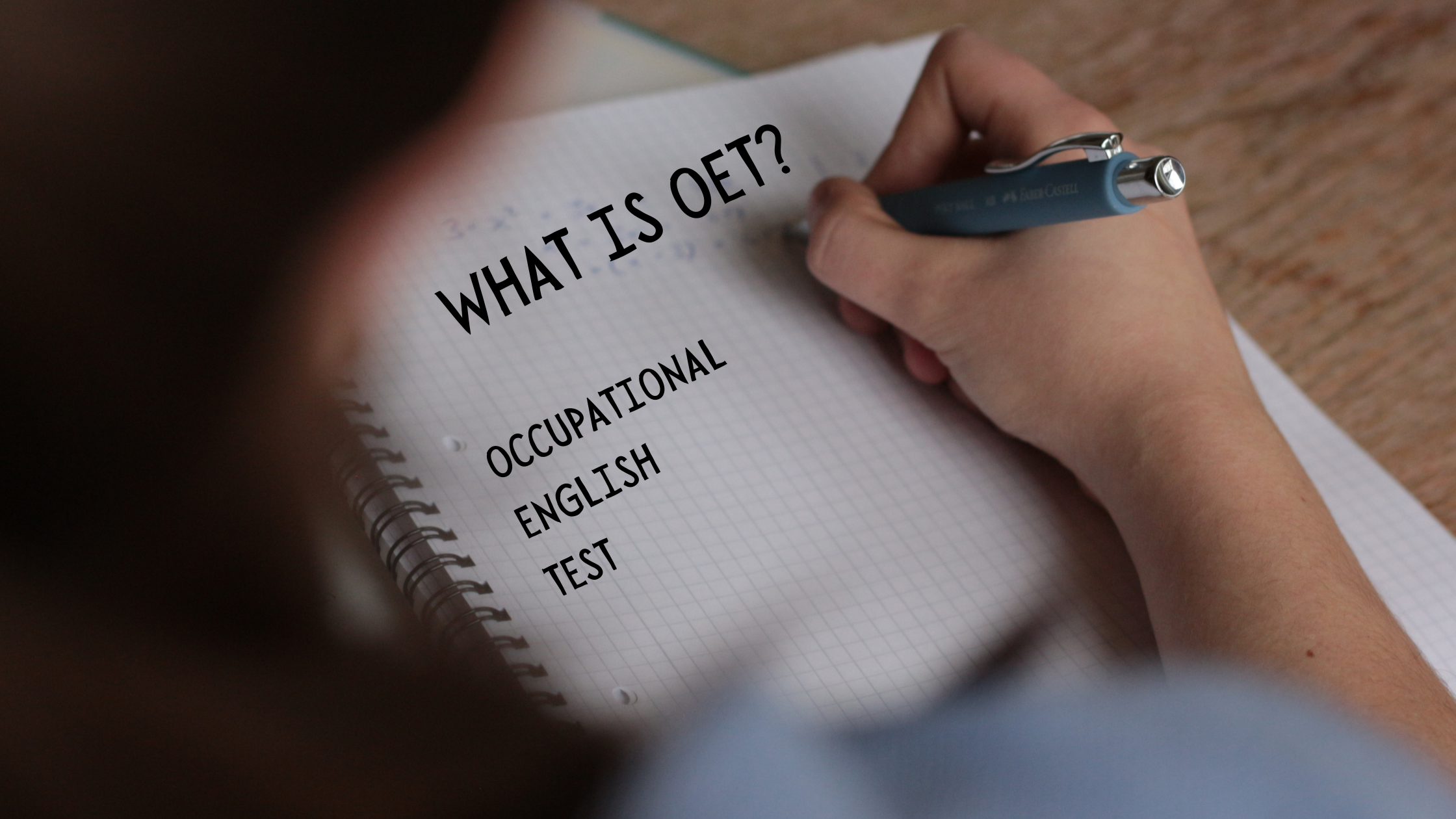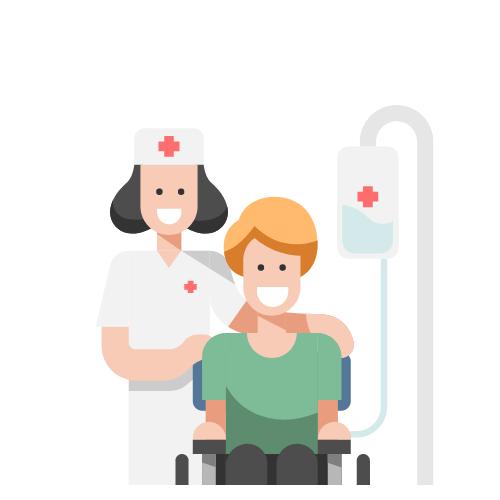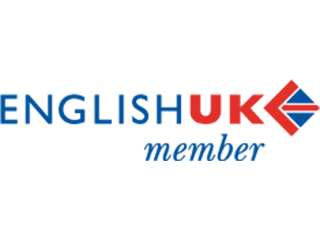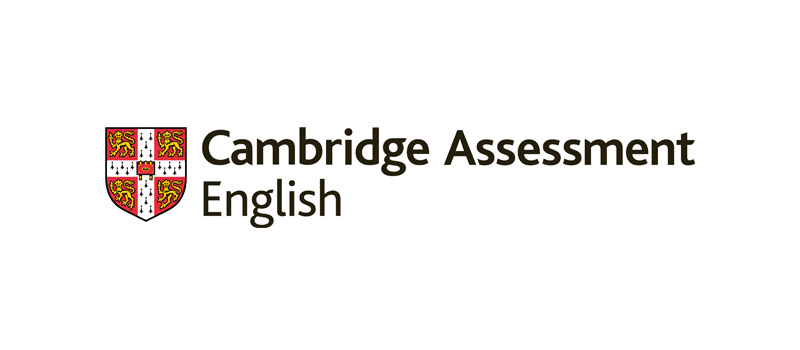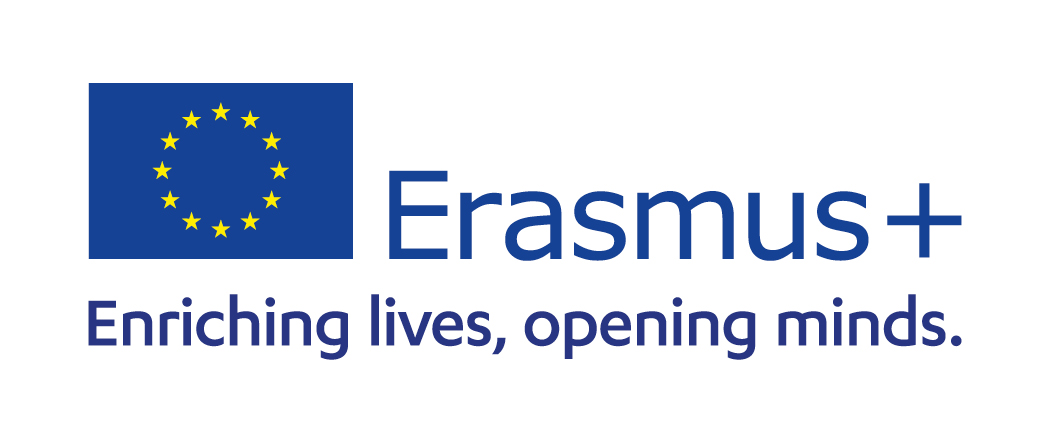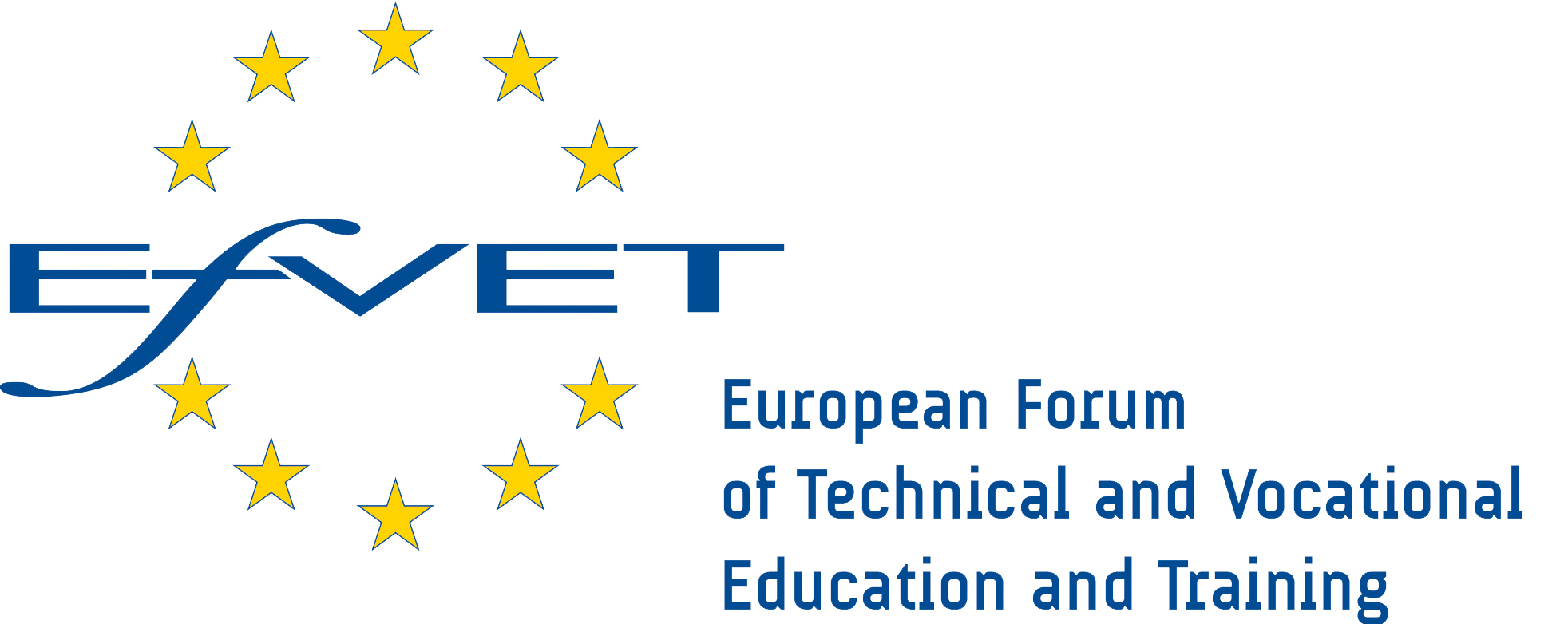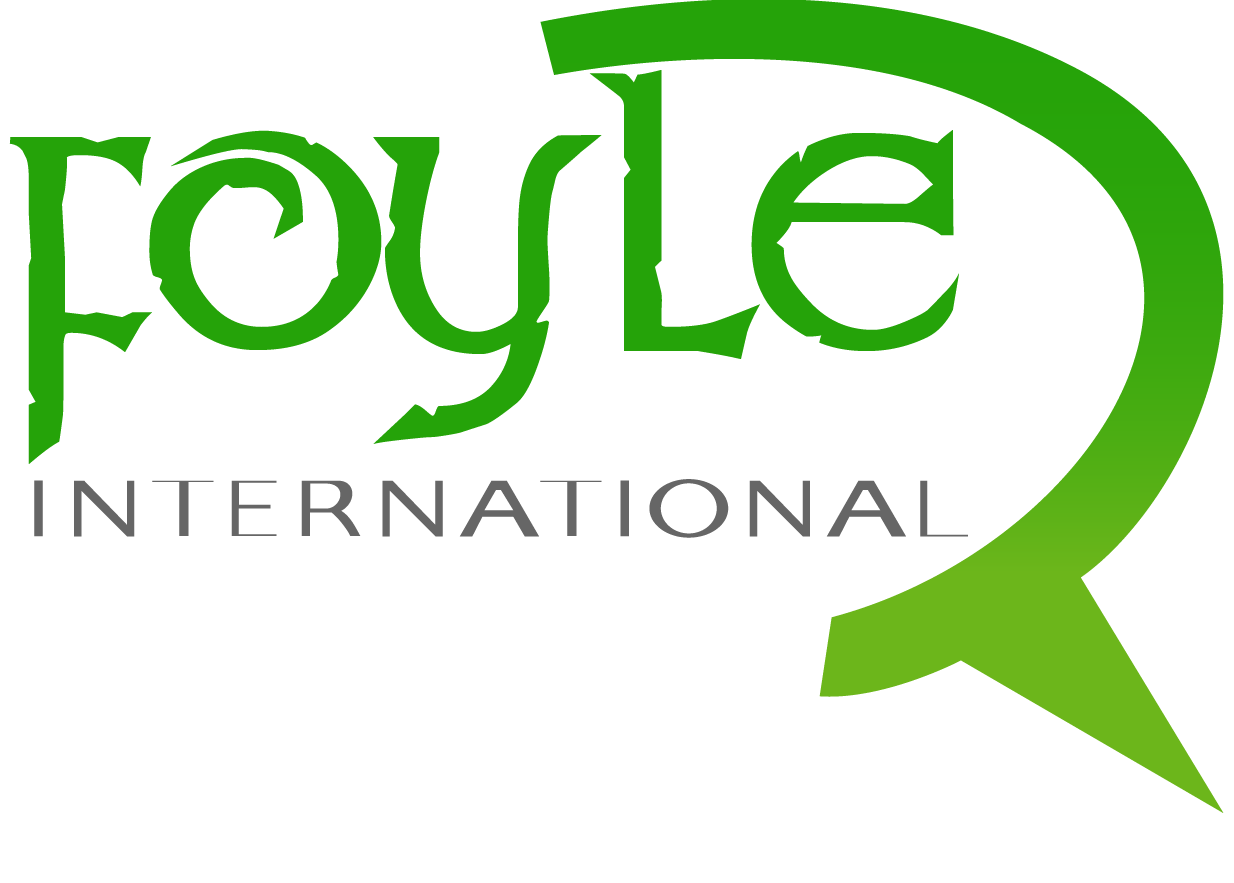What is OET?
What is OET?
OET stands for the Occupational English Test and is an internationally-recognised English language test. The OET has been designed specifically for healthcare professionals who require a recognised English test to be able to work in the UK (and elsewhere).
OET is suitable for 12 healthcare professions:
- Medicine
- Nursing
- Dentistry
- Dietetics
- Occupational Therapy
- Optometry
- Pharmacy
- Physiotherapy
- Podiatry
- Radiography
- Speech Pathology
- Veterinary Science
Why take OET?
OET is internationally recognised by healthcare regulators around the world.
It can be used to register with health organisations in the UK, Ireland, Australia, New Zealand, Singapore, the US and several other countries.
In addition to registration, OET is accepted by UKVI for Tier 2 (employment visa) for healthcare professionals.
OET Test Format
The OET exam assesses four main skills: Reading, Writing, Listening and Speaking.
- Listening (approx. 45 minutes)
- Reading (60 minutes)
- Writing (45 minutes)
- Speaking (approx. 20 minutes)
Nurses who want to work in the UK require will require overall OET Grade B (Grade B in Reading, Listening and Speaking, and min. C+ in Writing) to register with the Nursing and Midwifery Council (NMC). Doctors will need Grade B (or a points score of 350) in all areas for registration with the General Medical Council (GMC).
Preparing for OET
If you are planning to take the OET exam, the best way to ensure your chances of success is by studying an OET preparation course with an official OET preparation provider.
Foyle International is both an official OET preparation provider AND OET test venue. Meaning students can both study OET with our expert tutors and take the OET exam in the one location – Foyle International.
Read: Foyle International becomes Northern Ireland’s first OET Test Venue
IELTS or OET? What’s the difference?
Academic IELTS is also accepted by UK healthcare bodies and usually require either IELTS 7.0 or 7.5 in all areas, depending on profession.
IELTS is not specific to health or medical care, and the IELTS exam can cover a very wide variety of topics. For example, you could be writing about climate change and then reading a comprehension about technology.
In contrast to this, OET is specific to healthcare professionals and the content is directly related to every day work environment.
OET sub-tests are profession-specific
The OET Reading and Listening papers are suitable for all 12 professions, whereas the Writing and Speaking are profession-specific.
For nurses, that means OET Writing sub-test will involve writing a referral letter to a doctor.
For the OET Speaking sub-test, nurses will demonstrate how well they can communicate with patients and other healthcare staff. The examiner will take the role of a patient or a colleague, and the nurse will play the real role of a nurse. It is not about testing the nurses medical knowledge, but rather their English language and communication skills.
For more information about OET preparation courses, please get in touch at info@foyle.eu
